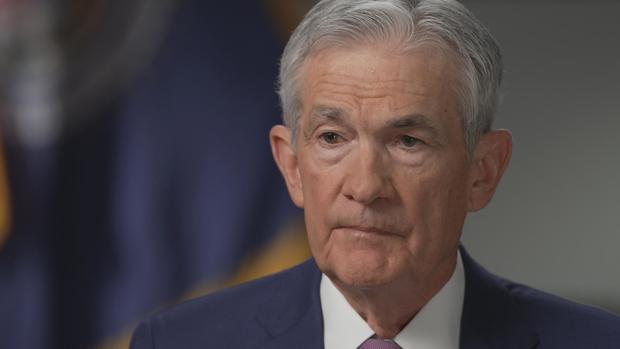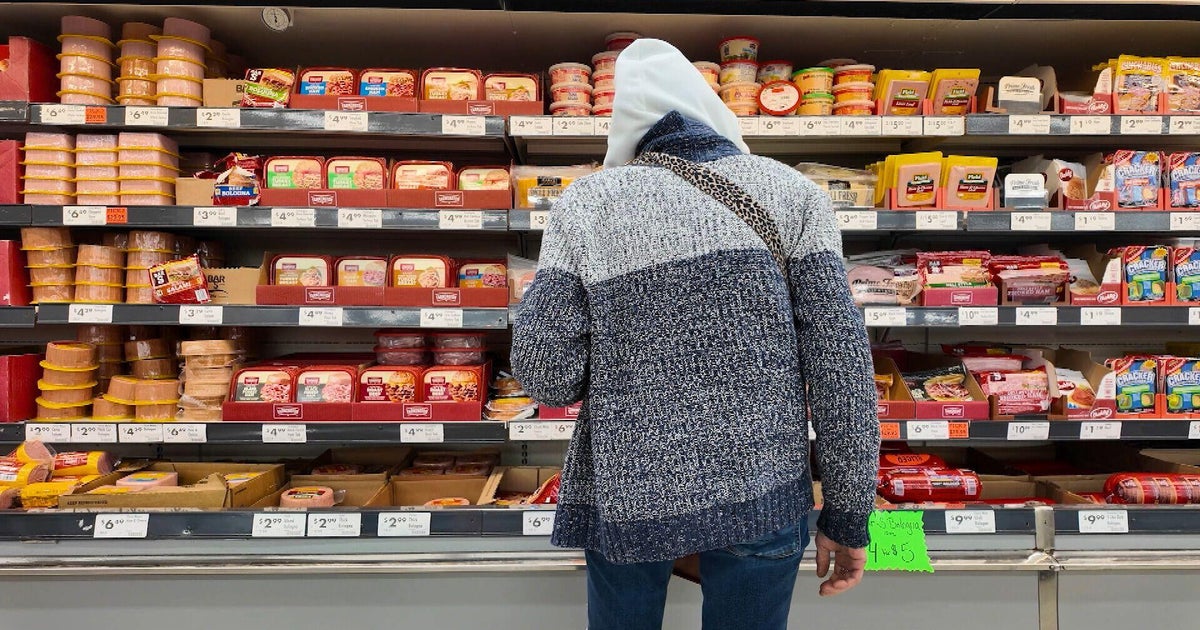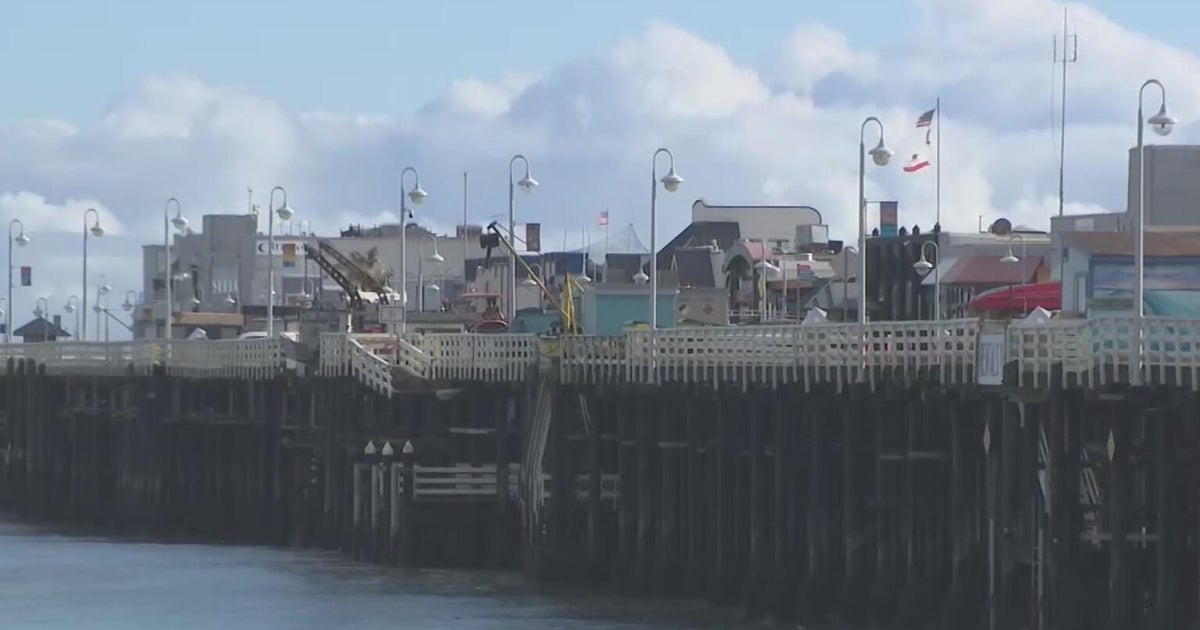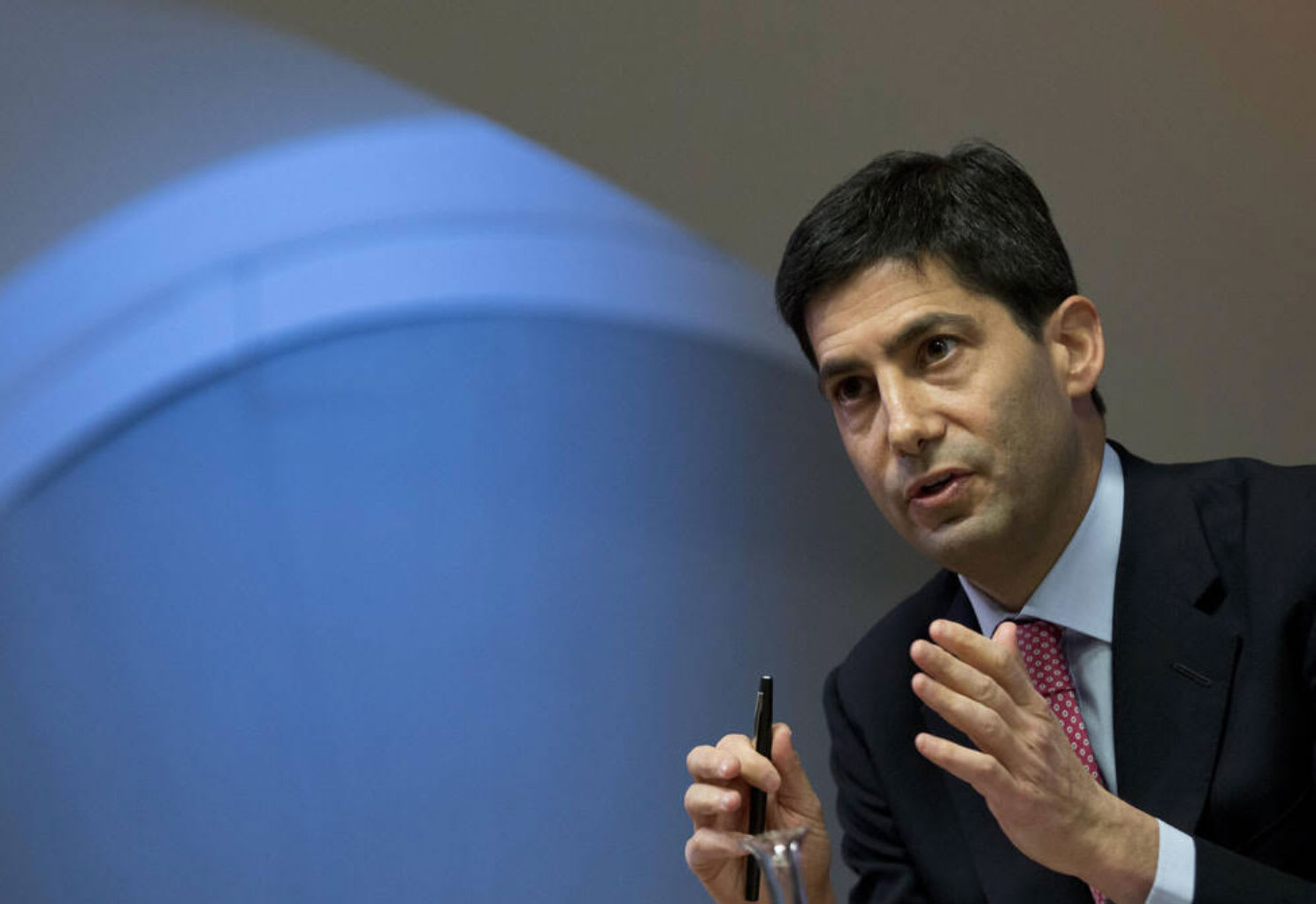Federal Reserve Chair Jerome Powell discusses interest rate cut timeline, what the Fed is waiting to see
The economy is strong, and inflation is falling, but interest rate cuts are not likely to happen in the next couple of months, Federal Reserve Chair Jerome Powell said during a rare interview with 60 Minutes.
Inflation has fallen steadily for 11 months, leaving many hopeful that Powell would announce a cut to the central bank's interest rate at its first policy meeting of the year. Yet Powell on Wednesday said the rate would remain unchanged for now. The decision to leave the federal funds rate at about 5.5%, a 23-year high, impacts millions of businesses and consumers who rely on loans, credit cards and mortgages.
"Our confidence is rising. We just want some more confidence before we take that very important step of beginning to cut interest rates," Powell said.
Why haven't interest rates been cut?
Under Powell, the Fed raised interest rates 11 times over two years to combat the highest inflation Americans had seen in 40 years. Most economists expected a recession, but the economy is growing and inflation is tumbling while employment is near a 50-year high.
With economic growth continuing and a strong labor market, Powell said the Fed feels it can "approach the question of when to begin to reduce interest rates carefully." While inflation has fallen from just over 9% to about 3%, the Fed's goal is to bring the annual inflation rate down to 2%.
Why 2%?
"Interest rates always include an estimate of future inflation. If that estimate is 2%, that means you'll have 2% more that you can cut in your, in interest rates," Powell said. "The central bank will have more ammunition, more power to fight a downturn if rates are a little bit higher."
Cutting rates too soon runs the risk of setting off inflation again.
"Or you could just halt the progress," Powell said. "I think more likely if you move too soon, you'd see inflation settling out somewhere well above our 2% target."
Moving too late could put pressure on economic activity and on the labor market, risking a possible recession.
"We have to balance those two risks," Powell said. "There is no, you know, easy, simple, obvious path."
When might interest rates be cut?
Though the Fed's goal is to get inflation down to 2%, Powell's not committed to waiting until then for rate cuts.
"No, no. That's not what we say at all, no," he said. "We're committed to returning inflation to 2% over time. I've said that we wouldn't wait to get to 2% to cut rates."
The Federal Open Market Committee meets and votes every six weeks or so on the federal funds rate. The next vote is in March.
Powell believes it's unlikely that the committee will vote to cut rates come March. The following committee meeting ends May 1. Almost everyone involved in the committee meetings believes it will be appropriate to cut the federal funds rate this year, Powell said.
Cuts, when they come, will probably be small — likely a quarter or maybe half a percentage point at a time, assuming inflation data remains good.
"We just want to see more good data along those lines. It doesn't need to be better than what we've seen, or even as good. It just needs to be good," Powell said.
The most likely time for the first interest rate cut will be the middle of the year, which is just a few months before Election Day. Powell, who was appointed to the Fed's board by then President Barack Obama and elevated to chairman by former President Donald Trump and reappointed by President Biden, said politics are not considered in timing.
"We never do. And we never will," he said. "It's not easy to get the economics of this right in the first place."
To those who might be skeptical when Powell, says politics don't play a role?
"You know, I would just say this: Integrity is priceless. And at the end, that's all you have," Powell said. "And we plan on keeping ours."
Pandemic complications
The Federal Reserve, created by Congress in 1913 as a politically independent central bank to protect the financial system, has a dual mandate of maximum employment and keeping prices stable.
The path that led to inflation was, in part, trillions in government spending to save the economy from the pandemic. Prices started rising in 2021. The Fed waited months to act.
"So in hindsight, it would've been better to have tightened policy earlier," Powell said. "We thought the economy was so dynamic that it would fix itself fairly quickly and we thought that inflation would go away fairly quickly without an intervention by us."
The Fed pivoted and began raising interest rates in March 2022.
"It was critical that we did that," Powell said. "And that's part of the story why inflation's going down now."
The Fed also regulates many of the nation's banks, including the largest, to ensure safety, but the pandemic has complicated that, too. The value of commercial office buildings is dropping as people work from home. Those buildings support the balance sheets of banks across the country.
Powell thinks a real estate-led banking crisis is unlikely.
"We've looked at the larger banks' balance sheets, and it appears to be a manageable problem," he said.
There are some smaller and regional banks facing issues, but Powell said the Fed is working with them.
"Certainly, there will be some banks that have to be closed or merged out of existence because of this," Powell said. "That'll be smaller banks, I suspect, for the most part."
Another lingering problem from the pandemic is a sharp increase in the national debt. Thirty years from now, by one measure, it's projected to be $144 trillion, or $1 million per U.S. household. While Powell said the Fed tries not to comment on fiscal policy, which is determined by Congress and the White House, he did comment on the debt.
"The U.S. federal government's on an unsustainable fiscal path," he said. "And that just means that the debt is growing faster than the economy. So, it is unsustainable."
It worries him in the long run.
"You know, we're, effectively we're borrowing from future generations," he said. "It's time for us to get back to putting a priority on fiscal sustainability. And sooner's better than later."





